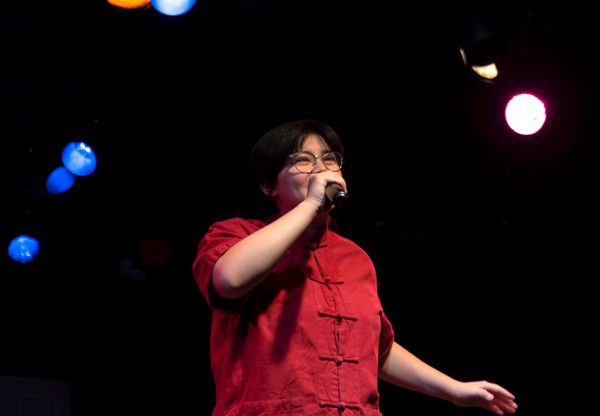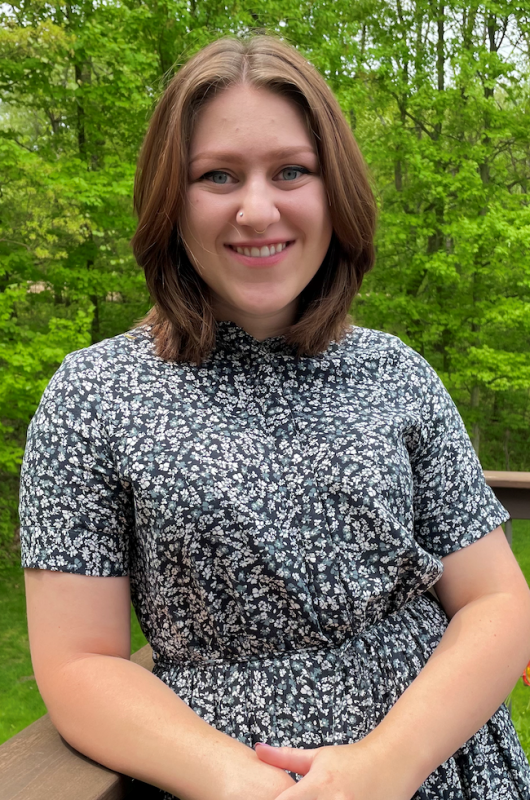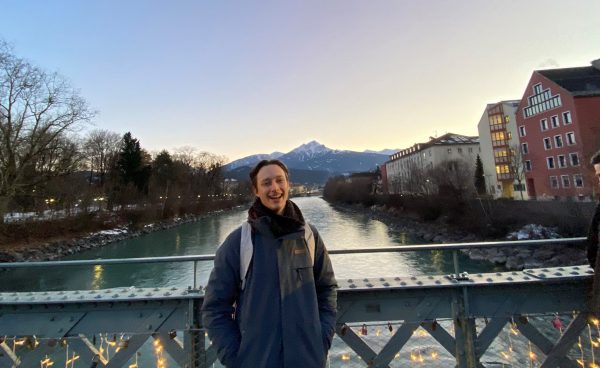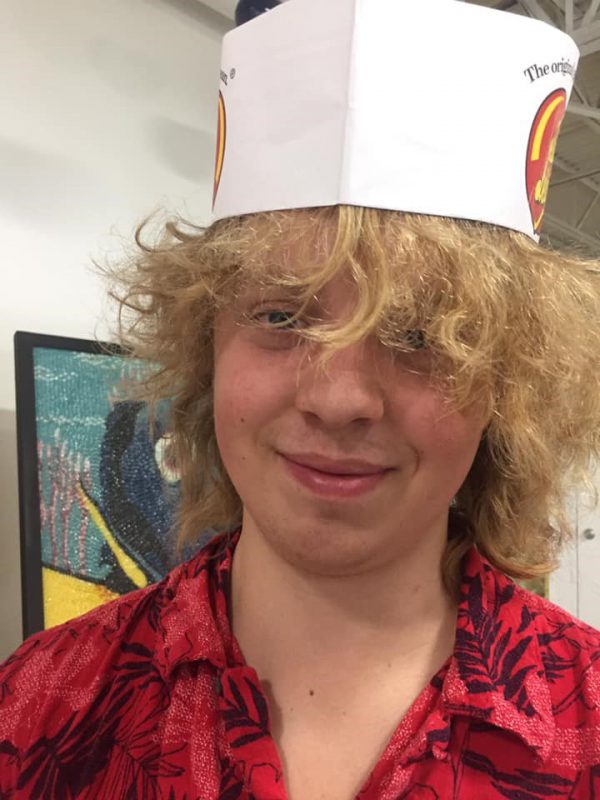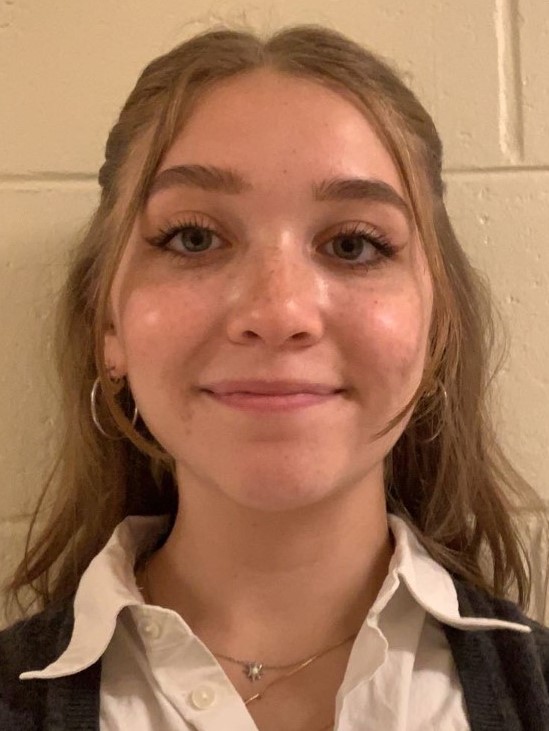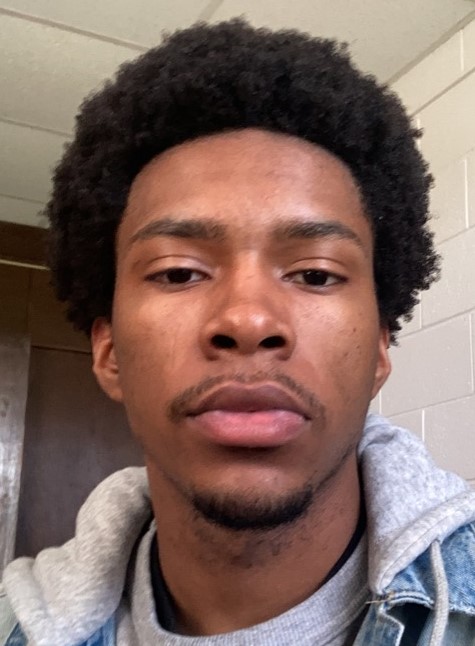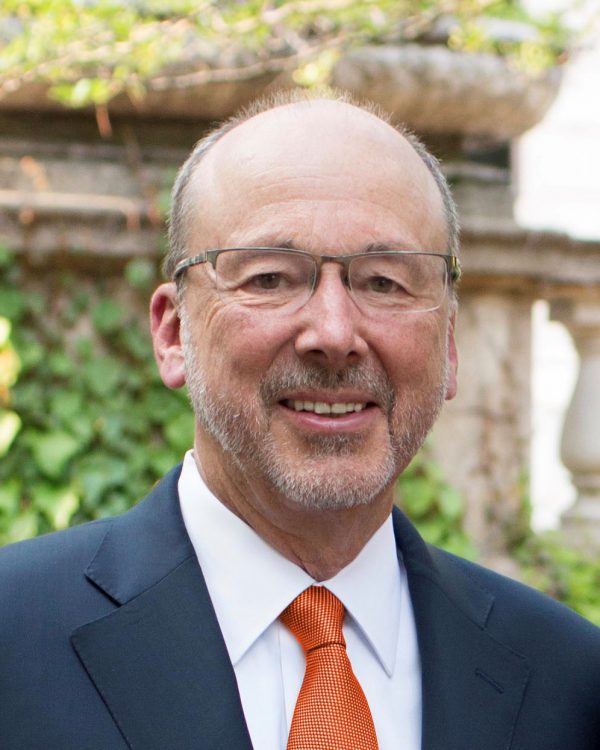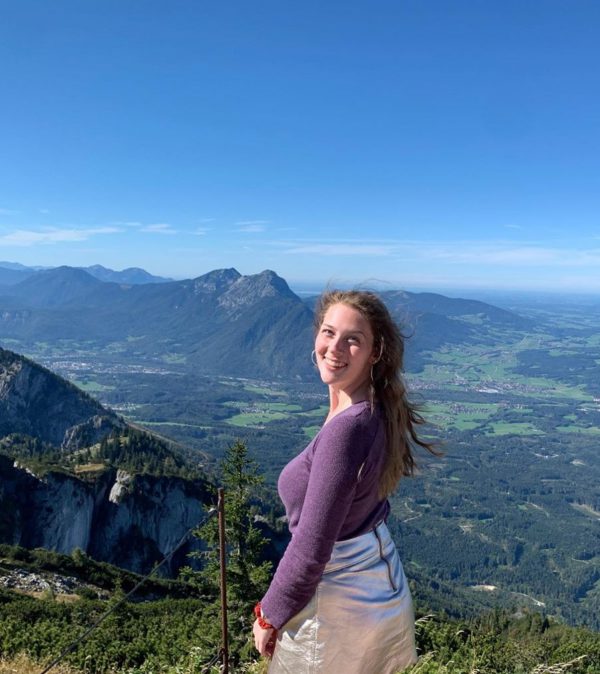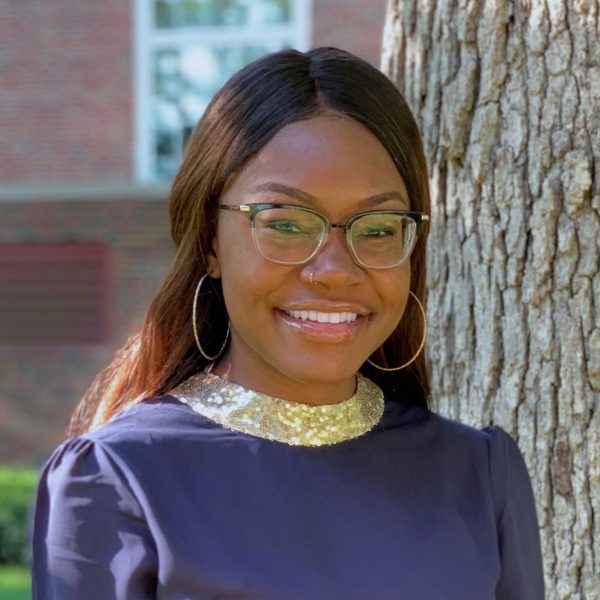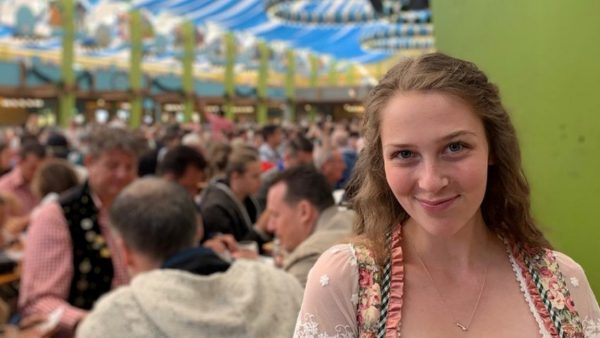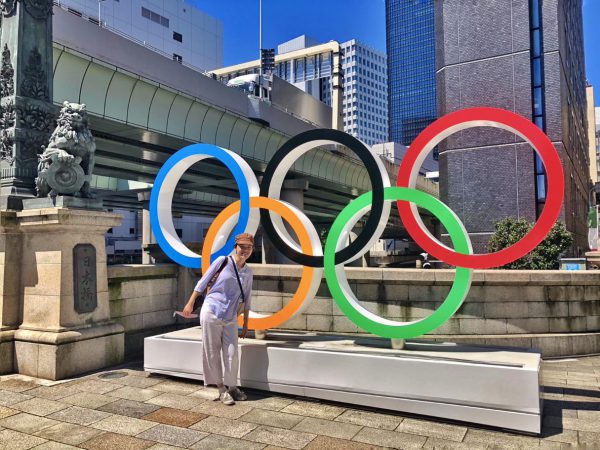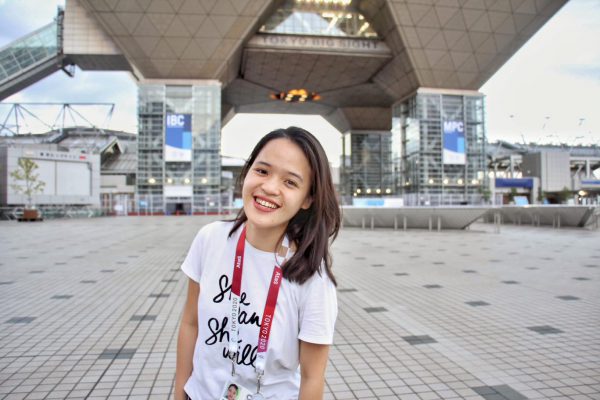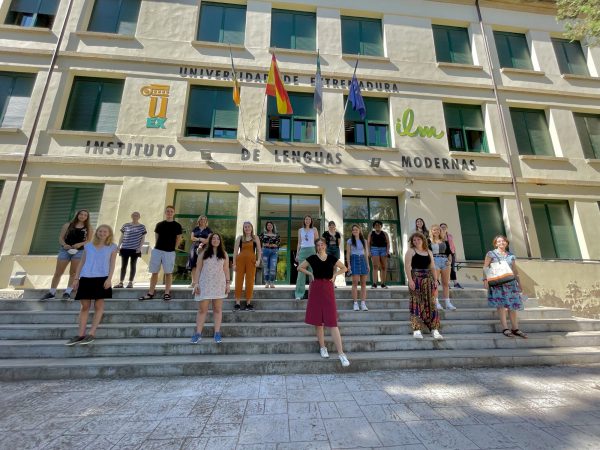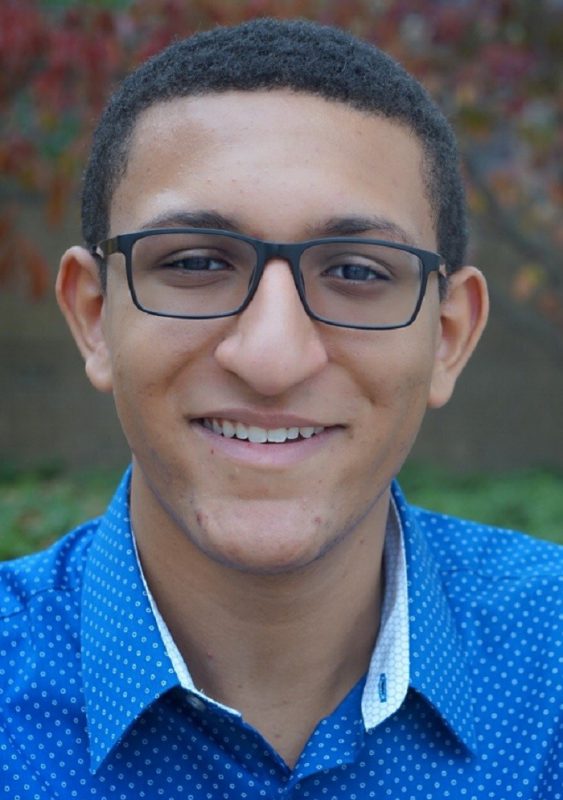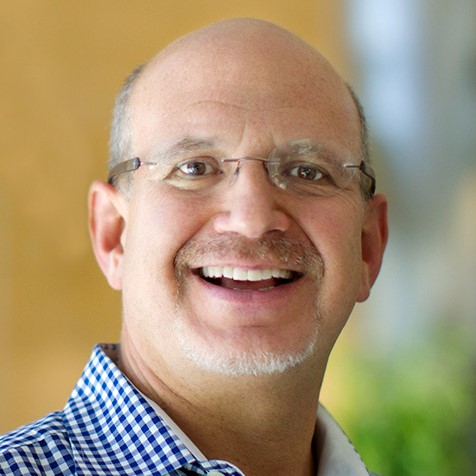
A generous leadership gift from Kalamazoo College alumnus Robert Sherbin ’79 will open the door to independent exploration outside the United States for Kalamazoo College graduates.
Sherbin has established the Jerry Sherbin Fellowship, named in honor of his father, which each year will provide one K senior with a stipend to pursue an academic year post-graduation, independently exploring a subject of deep personal interest outside the United States. Applicants will be assessed based on their proposal’s creativity and personal significance, their passion for the subject, and how the work may shape their future plans. The first fellowship abroad will be awarded in spring 2023.
“The College’s K-Plan emphasizes international study and engagement, so this fellowship wonderfully complements a student’s K education,” said Provost Danette Ifert Johnson. “It provides yet another avenue for students to pursue a project of personal interest in a deep and meaningful way prior to starting their graduate study or career. We are grateful to Bob for creating this opportunity for current and future generations of students.”
While an English major at K, Sherbin studied abroad at the University of Nairobi, one of only six American undergrads—and the only K student—there at that time. As a senior, Sherbin applied for a Thomas J. Watson Fellowship, an external grant through the Watson Foundation that provides the opportunity to design and execute a one-year project overseas. Before attending graduate school at Northwestern, Sherbin spent a year in Central and West Africa as a Watson Fellow, conducting a sociological study of long-distance truck drivers. This opportunity was transformative, helping guide Sherbin’s path to becoming an international journalist and later, a global corporate communications executive. Today he is the vice president of corporate communications at NVIDIA, a technology company based in Silicon Valley.
Sherbin said, “The Watson Fellowship was the most formative experience of my life. I’d not taken an intro to sociology class. My French was appalling. And I didn’t know a soul within thousands of miles, when aerograms were the WhatsApp of the age. But K had given me the tools to learn and sparked my passion to figure out the rest. It’s my hope that this fellowship will enable students to widen their perspectives, taking them from Dewaters to Danang, from the Upjohn Library steps to the Russian steppes and beyond, and discover ways to make a difference before they head into the rest of their lives.”

